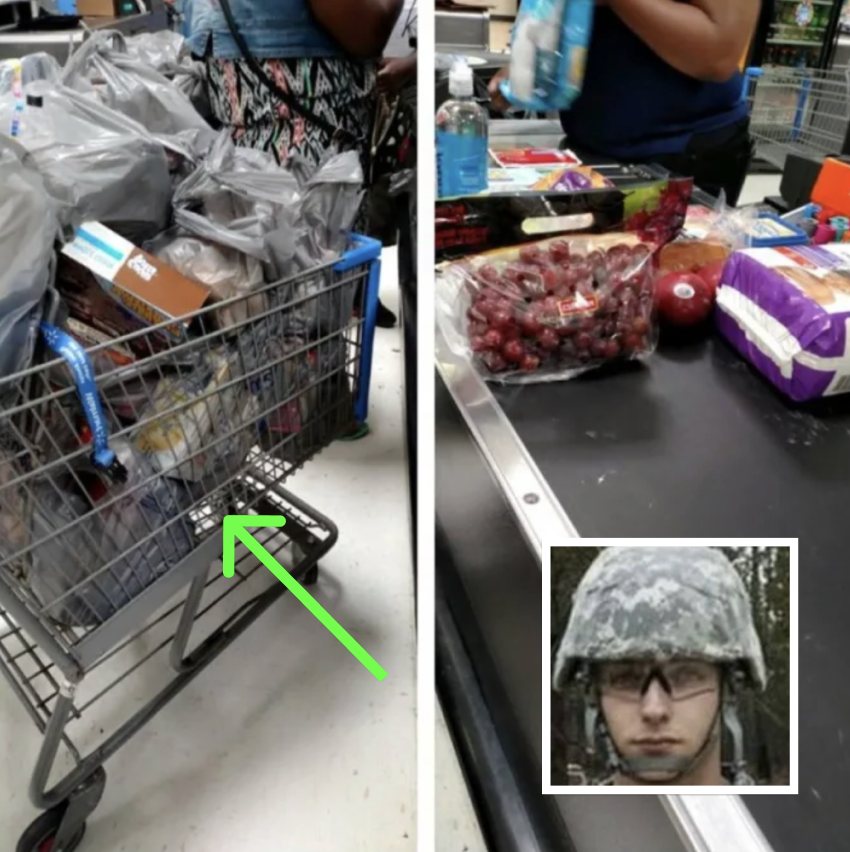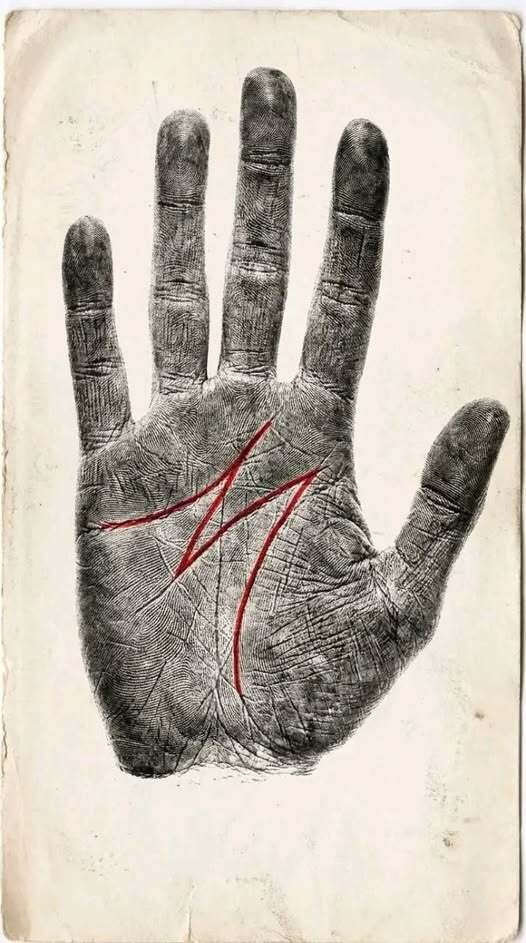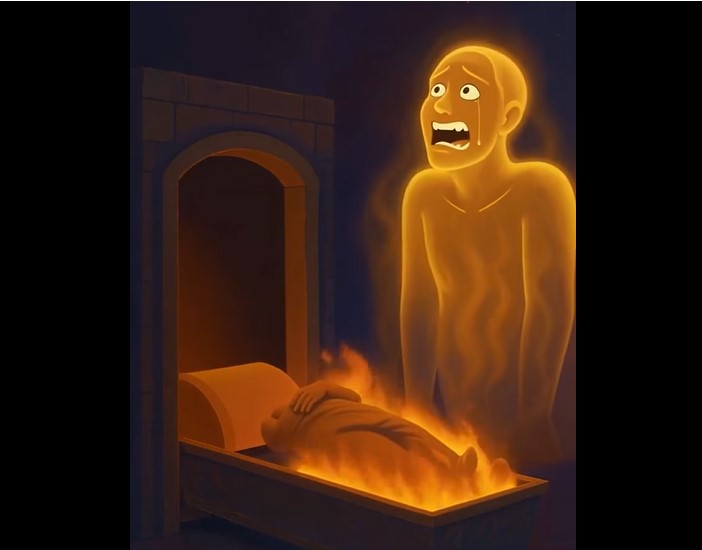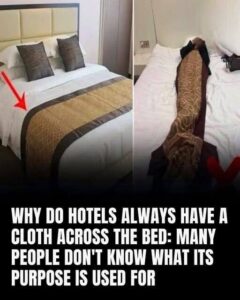Angry Military Father Snaps Photo After Spotting Shopper’s Groceries
*Note: We are republishing this story, which originally made headlines in September 2016.*
Army serviceman **Patrick Gibson** sparked widespread debate after posting photos on Facebook of two shopping carts he saw at Walmart. Gibson explained that the cart on the left contained the groceries—mainly basics and diapers—that he could afford for his wife and two children on his paycheck. The other, belonging to the couple ahead of him in line, was filled with what he described as “steak and other very nice choices of food.”
According to Gibson, the \$800 grocery purchase was made using an **EBT card**. What upset him, he said, wasn’t simply the use of food stamps, but that he witnessed the shopper push aside a large wad of cash before pulling out the card. Later, he said he saw the couple load the groceries into a **new Hyundai Genesis**, a car worth far more than his own.
Frustrated, Gibson wrote: *“You are very welcome from all of us hard-working, struggling-to-buy-food Americans that have to foot the bill for your fancy steak feast while I skip breakfast and lunch every day so my wife and children have food to eat.”*
The post quickly went viral, drawing both agreement and criticism. Many echoed his anger, claiming that too many people abuse food assistance while families like Gibson’s struggle without help. One commenter wrote: *“There are a lot that really need it, but as you said, there are a lot that abuse the system.”*
Others, however, pushed back, arguing Gibson was making assumptions without knowing the couple’s circumstances. “Do you really know their backstory?” one person asked, pointing out possibilities such as medical issues, bills, or even that the car might have been a gift.
Gibson stood by his comments, saying the reality is that “so many people are abusing the system.” He argued that ignoring abuse makes reform impossible.
The viral exchange highlighted a deep divide over welfare programs—between those who see them as a lifeline and others who view them as too often exploited.






Post Comment